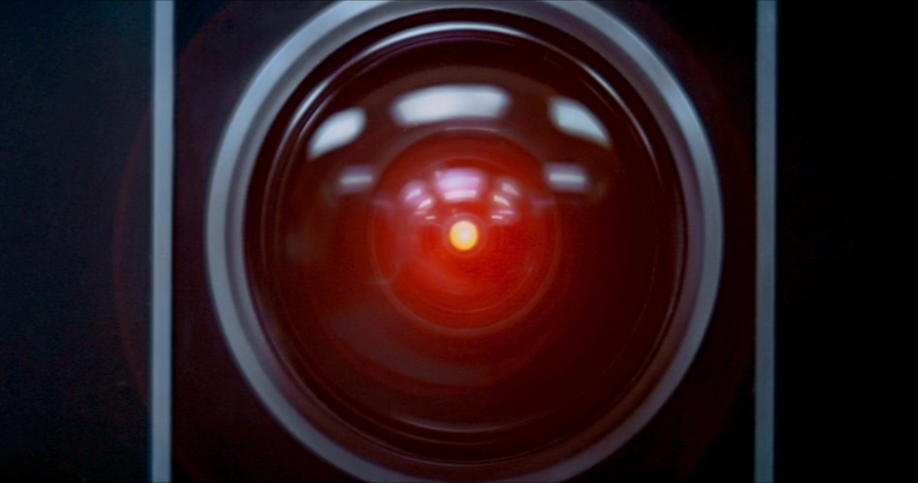Cyber wrap
 This year’s DEF CON underground hacking conference in Las Vegas has left much to ponder about for cyber professionals the world over. The meet saw John McAfee lambaste Google on privacy, Tesla Motors offer a sacrificial Model S to the hacking hordes, and ‘smart’ thermostats mimicking HAL 9000 from 2001: A Space Odyssey. Dan Geer’s policy proposals were a particular highlight, and have since been labelled the 10 Commandments of modern cybersecurity. A special thanks to the reporters who risked digital life and limb to bring us the highlights from Vegas.
This year’s DEF CON underground hacking conference in Las Vegas has left much to ponder about for cyber professionals the world over. The meet saw John McAfee lambaste Google on privacy, Tesla Motors offer a sacrificial Model S to the hacking hordes, and ‘smart’ thermostats mimicking HAL 9000 from 2001: A Space Odyssey. Dan Geer’s policy proposals were a particular highlight, and have since been labelled the 10 Commandments of modern cybersecurity. A special thanks to the reporters who risked digital life and limb to bring us the highlights from Vegas.
The recent theft of 1.2 billion usernames and passwords by a Russian group shows that you do not need to be in a casino full of hackers to be vulnerable. With the identity of compromised sites still unknown, many have been scrambling to change their login details. While an important part of maintaining cyber hygiene, the effort might be for naught as it turns out your complex passwords aren’t that much safer.
If that news hasn’t shaken your confidence in all things digital, a new non-for-profit venture will help you transfer your greenbacks into cold hard cryptocurrency. The project aims to offer an international currency exchange to easily swap and send digital and hard currency alike—a stellar idea if they can keep it secure. Ecuador is taking digital dollars a step further by proposing a government-backed virtual currency, the U.S. Consumer Financial Protection Bureau isn’t quite as bullish on BitCoin.
A bit closer to home, Major General Steve Day, Deputy Director Cyber and Information Security at the Australian Signals Directorate shared his insights on cyberspace at the University of Canberra recently. In presenting cyber as a vector, Day emphasised that it is what you can achieve through the medium that matters. While the vector, as a man-made space, requires IT professionals for its improvement, expansion and maintenance, the ‘ends’ side of the equation requires informed policymakers and operators to ‘own its possibilities’. While he made clear that the cyber threat to Australia is ‘real, persistent, and present now’, Day expressed optimism that Australia remained at the leading edge of thinking and acting on cyber issues and that government efforts were making an impact. The Australian Cyber Security Centre is looking to move into its new home on the banks of Lake Burley Griffin in December.
Tackling the divisive topic of cyber war head on, MAJGEN Day did take a firm stance that there would be no cyber war. Instead he suggested that cyber would be a feature of future wars, extending the battlefield. This assertion has proven true in recent global turmoil, with FireEye researchers finding a distinct spike in malware traffic in the lead up to the crises in Ukraine and Gaza. ‘We can see the digital equivalent of troops on the border’, one threat analyst told the MIT Technology Review. It appears that the US Defense Intelligence Agency has taken that observation literally, commandeering social media to help identify who was responsible for shooting down MH17.
Klée Aiken is an analyst in ASPI’s International Cyber Policy Centre. Image courtesy of Flickr user Dioboss.